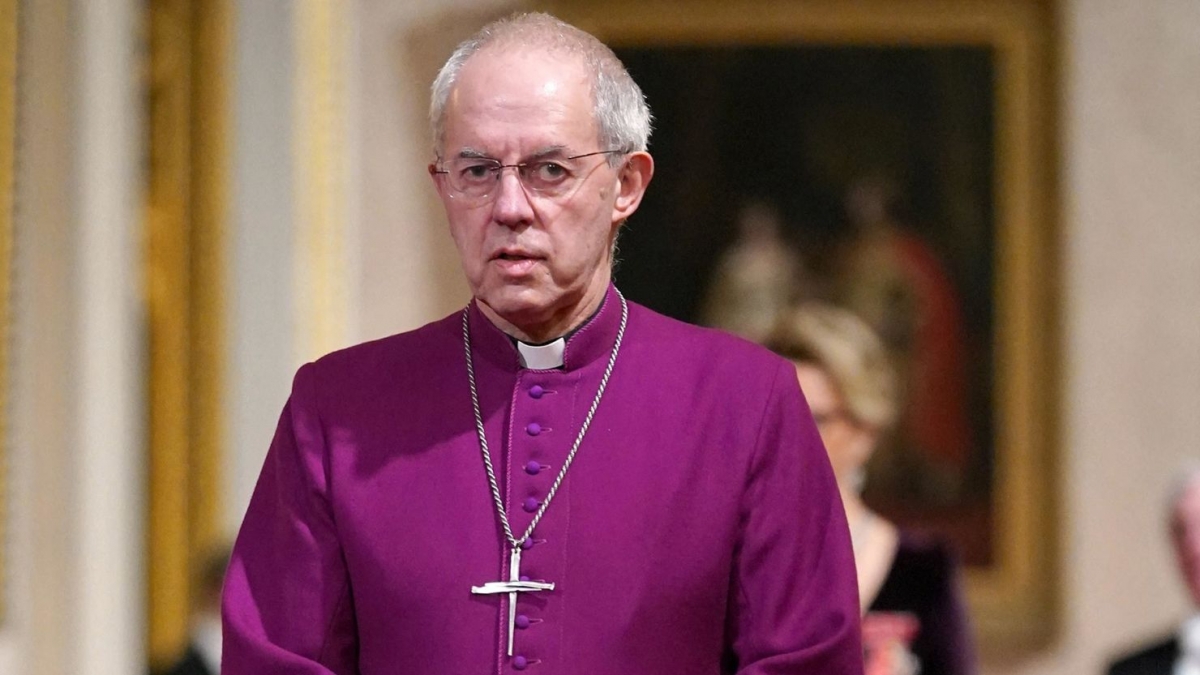The archbishop of Canterbury, Justin Welby, has announced that he will step down after facing mounting pressure to quit over his handling of an abuse scandal.
Pressure on Welby has been intensifying since the publication last week of a damning report on the church’s cover-up of John Smyth’s abuse in the UK in the late 1970s and early 80s, and later in Zimbabwe and South Africa. About 130 boys are believed to have been victims.
The independent Makin review into the abuse concluded that he might have been brought to justice had the archbishop formally reported it to police a decade ago.
In a statement posted on social media, Welby said: “Having sought the gracious permission of His Majesty The King, I have decided to resign as Archbishop of Canterbury.
“The Makin Review has exposed the long-maintained conspiracy of silence about the heinous abuses of John Smyth. When I was informed in 2013 and told that police had been notified, I believed wrongly that an appropriate resolution would follow.
“It is very clear that I must take personal and institutional responsibility for the long and retraumatising period between 2013 and 2024.”
He said the exact timings would be confirmed, adding: “I hope this decision makes clear how seriously the Church of England understands the need for change and our profound commitment to creating a safer church. As I step down I do so in sorrow with all victims and survivors of abuse.
“The last few days have renewed my long felt and profound sense of shame at the historic safeguarding failures of the Church of England. For nearly twelve years I have struggled to introduce improvements. It is for others to judge what has been done.”
Welby said last week he had considered resigning over his “shameful” decision not to act to deal with reports of abuse by Smyth, a powerful and charismatic barrister who died in 2018, when he was informed of them in 2013.
Lambeth Palace had said in a statement on Monday that Welby had “apologised profoundly both for his own failures and omissions, and for the wickedness, concealment and abuse by the church more widely”, but did not intend to resign.
But Andrew Morse, a victim of Smyth’s whom he first met while a pupil at Winchester college, Hampshire, said Welby should resign in solidarity with abuse victims.
He told BBC Radio 4’s Today programme on Tuesday that Welby’s admission that he had not done enough since 2013 “is enough in my mind to confirm that Justin Welby along with countless other Anglican church members were part of a cover-up about the abuse”. He described Smyth as a predator.
On Monday, a Church of England bishop added her voice to growing calls for Welby to resign. Helen-Ann Hartley, the bishop of Newcastle, said his position was untenable and he should quit. A line needed to be drawn, she added.
“I think that it’s very hard for the church, as the national, established church, to continue to have a moral voice in any way, shape or form in our nation, when we cannot get our own house in order with regard to something as critically important [as abuse],” Hartley told the BBC.
Smyth sadistically abused private schoolboys who attended evangelical Christian holiday camps in the late 1970s and early 80s. Across five decades, he is said to have subjected as many as 130 boys and young men in the UK and Africa to traumatic physical, sexual, psychological and spiritual attacks, permanently marking their lives.
When the abuse was discovered, Smyth was allowed to move abroad with the full knowledge of church officials, where he continued to act with impunity.
He died aged 75 in Cape Town in 2018 while under investigation by Hampshire constabulary, and was “never brought to justice for the abuse”, the Makin review published last week said.
Welby volunteered at the holiday camps in the 1970s but has denied any knowledge of concerns about Smyth. However, the report said this was “unlikely”.
It added: “[Welby] may not have known of the extreme seriousness of the abuse, but it is most probable that he would have had at least a level of knowledge that John Smyth was of some concern … It is not possible to establish whether Welby knew of the severity of the abuses in the UK prior to 2013.” (the Guardian)










